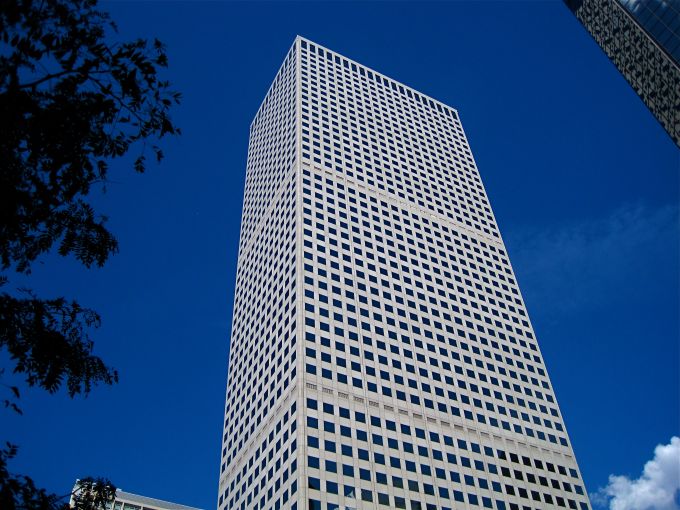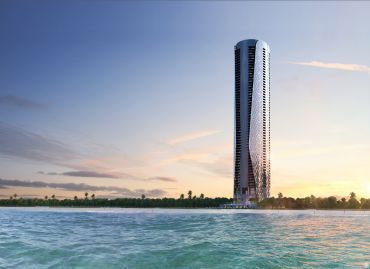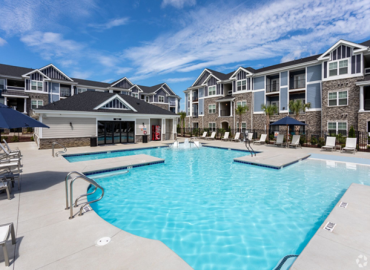CMBS Delinquencies Increased in Late 2022

“The CRED iQ delinquency rate for CMBS closed out last year with a rate of 3.49 percent for the December reporting period,” wrote Marc McDevitt, senior managing director at CRED iQ. The delinquency rate marginally increased throughout the 2022 fourth quarter, but was down overall compared to the start of the year.
“The delinquency rate (3.49 percent) is equal to the percentage of all delinquent specially serviced loans and delinquent non-specially serviced loans, for CRED iQ’s sample universe. Of the more than $500 billion in CMBS conduit and single-asset single-borrower (SASB) loans, CRED iQ’s special servicing rate — equal to the percentage of CMBS loans that are with the special servicer (delinquent and nondelinquent) — increased month-over-month to 5.16 percent from 4.95 percent.
“Aggregating the two indicators of distress — delinquency rate and special servicing rate — into an overall distressed rate equals 5.33 percent of CMBS loans that are specially serviced, delinquent, or a combination of both. The overall distressed rate increased compared to the prior month’s distressed rate of 5.15 percent. These distressed rates typically track slightly higher than special servicing rates as most delinquent loans are also with the special servicer.
“By property type, retail ended the year with the highest delinquency rate, increasing 13 percent to 7.91 percent, compared to 7 percent as of November 2022. Retail started 2022 with the second-highest delinquency rate behind lodging, but a lack of meaningful and sustained delinquency cures caused it to be a laggard among property types for most of the year.
“December’s delinquency retail rate was pushed higher in December by several maturity defaults, including a $162.9 million loan secured by West County Center in Des Peres, Mo., which defaulted on its Dec. 1 maturity date. The collateral is a 743,945-square-foot portion of a regional mall owned by CBL Properties. The loan had been in special servicing since the onset of the pandemic in 2020, but remained current in payment until its maturity default.
“In addition to retail, delinquency rates for multifamily (2.61 percent), office (1.76 percent) and industrial (0.17 percent) also exhibited month-over- month increases in December.
“Conversely, the delinquency rate for loans secured by lodging properties (4.63 percent) was lower compared to the prior month. Over the course of 2022, the delinquency rate for lodging declined by more than 50 percent as part of a significant sector recovery from pandemic-
related distress.
“Switching focus to special servicing rates by property type, loans secured by office properties have exhibited the largest month-over-month increase among all property sectors. The office special servicing rate for December was 3.77 percent, compared to 3.31 percent the prior month.
“One of the largest office loans to transfer to special servicing was the $243.6 million Republic Plaza loan, which is secured by a 1.3 million-square-foot tower in Denver’s central business district. The loan defaulted on its Dec. 1 maturity date.
“Maturity defaults also stressed the special servicing rate for retail. The retail special servicing rate increased to 11.04 percent as of December. One of the larger retail maturity defaults was a $75.4 million mortgage secured by Avenue Forsyth, a 523,535-square-foot retail center located in Cumming, Ga. The special servicing rates for lodging, multifamily and industrial commercial real estate loans declined compared to the prior month.
“CRED iQ’s CMBS distressed rate by property type accounts for loans that qualify for either delinquent or special servicing subsets. For December, the overall distressed rate for CMBS increased to 5.33 percent, which followed a relatively sharp increase in the overall delinquency rate. The increase in the overall CMBS distressed rate was primarily caused by loans entering maturity default such as the aforementioned West County Center and Republic Plaza loans.”


